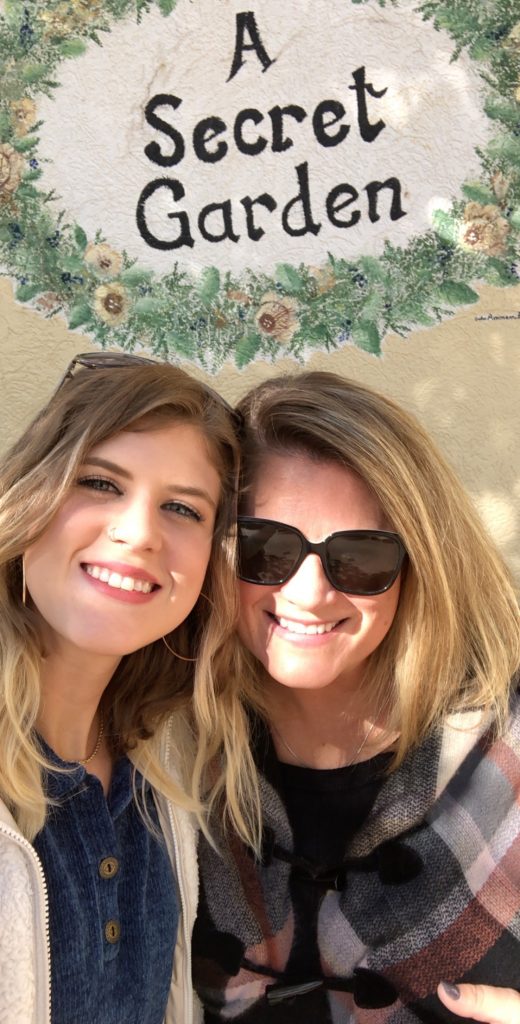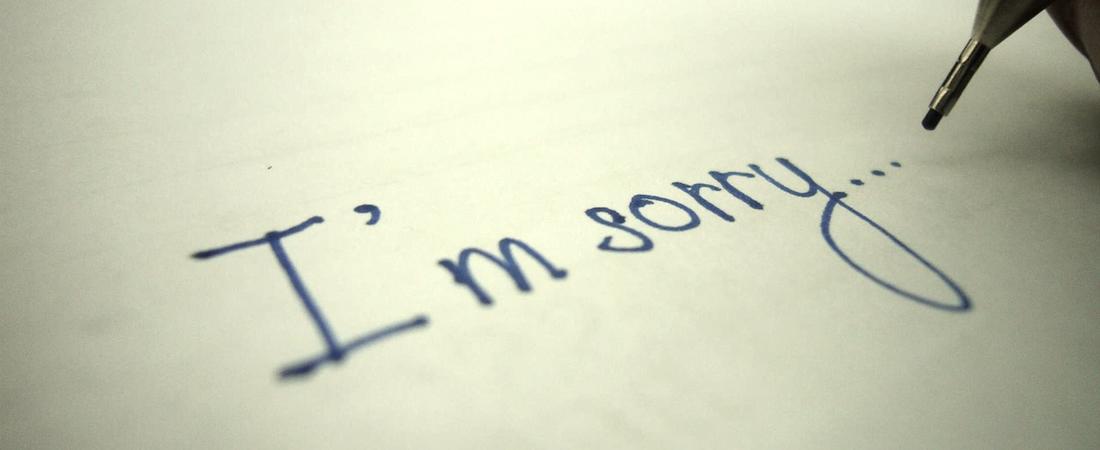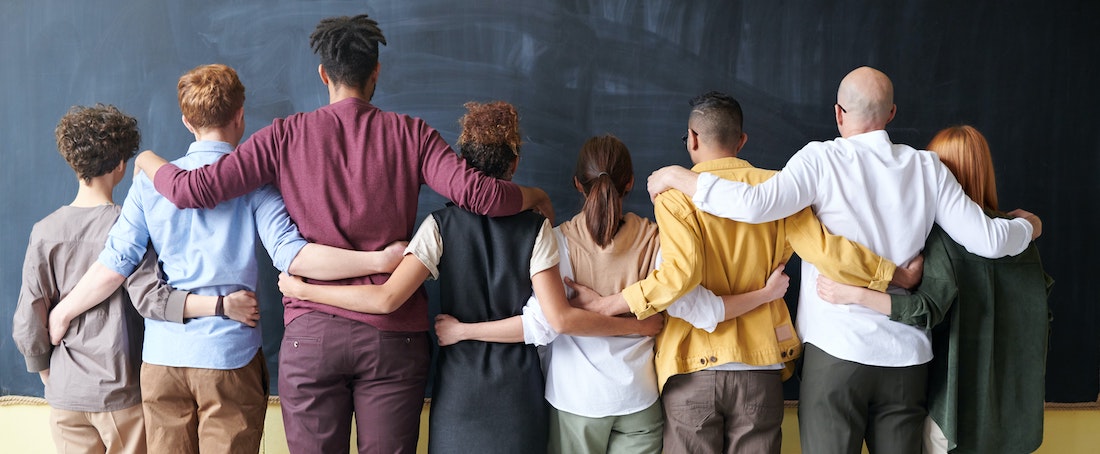One thing we all have in common is that we are all affected in some way by COVID. For some we are finding renewed passion for hobbies set aside, projects we hoped to accomplish or more time for self-improvement. Others have it much more difficult. Our transition to a mostly online life for work, social and community has some thriving and some barely surviving.
My friends that have school aged children, spouses that no longer travel or tights spaces have reported feeling somewhat trapped at home. Others have reveled in the time with family that they had not appreciated enough until now. Regardless of your situation we all have experienced emotional ranges.
There have been TikTok videos, zooms, Facebook groups, Instagram stories and more that have expressed the feelings of millions. Predictive statistics on depression, divorce and new babies have made headlines.
If I asked you to pause a moment and reflect on if you have "lost your cool" with loved ones, colleagues or strangers in the last 3 months, how would you answer? I imagine many of us (especially those whom are self-aware) would answer a resounding "yes, sadly I have".
One of the items I teach/preach when speaking on emotional intelligences is that we are often the most tough on those we are the closest. We may yell at a spouse or a child, a sister or mother in a way that we would be embarrassed if work colleagues overheard us. I explain the reason is usually tied to our feeling of security with those people, we can let our hair down and show our true colors. Vulnerability is great, out of control self-management is not. The second level of emotional intelligence is Self-Management. I often coach the most in this area, as it is the most difficult to maintain consistency (especially without focus and practice).
For those that find themselves with a verbal blunder, I want to remind you of the power of a genuine sorry. The key for growing in self management is to not simply say the words I am sorry, but attach a recognition of the behavior for which you are sorry. Let me provide a personal example (however silly).
I recently bought some rather expensive skin care products. My 21-year old daughter who is living at home, was wanting to try them out on her face. I said sure. For days she was coming to my bathroom, using the products and then leaving water on the sink (I can't be the only one with this pet peeve!). I had slept poorly and was feeling agitated when I awoke. I found my daughter walking out of my bathroom after using the products and there was water all over the counter. While my tone was cool, my intention was not, pure bratty came right through. "Summer, I bought those products for me, and you can't afford to maintain that regimen and oh by the way, why is it so hard to wipe down a sink?!"
I should pause here to share that my daughter is likely one of the nicest people I have ever known. She has high EQ, and is one of my very best friends. Her reaction was clearly hurt, and slightly annoyed. "you said we could share" as she wiped off the counter and sauntered off.
I got busy with meetings, back to backs like so many of us, for 6 straight hours. In the back of my mind I was mad at myself for acting like a jerk. She was fine, she went about her day, but my day was not ok. I went to her and said "Summer, I am genuinely sorry for saying you could not use my products. You are right I did say we can share, and I have no excuse for acting selfish and rude. Please forgive my behavior." She immediately replied with, "Mom, OMG it is totally fine, you are the least selfish person, but I sure appreciate you taking the time to say sorry, I am sorry I left water on your sink????"
It is not the words sorry that had the most impact, but the fact that I called out that I had behaved selfishly. The recognition of myself behaving selfish gave me the power and tools to make the desired change. I felt better about myself and was able to ensure all was good between my daughter and me.
"Sorry" without self-recognition and acceptance of less than desired behavior, is not a genuine attempt to improve a situation or self. The other great and powerful thing about a genuine apology is that you can apologize much later than an event occurred and still have a positive impact. Stating that upon reflection I realize I…, or I have been bothered by my behavior… can repair. Many think that if an apology is not made immediately it should go unsaid. I disagree. If you want to improve, own your actions and behaviors. Make up and make good on what is in your control (your attitude and effort).
Embrace the power of a true "Sorry".

Jennifer Stanford and her daughter, Summer.





